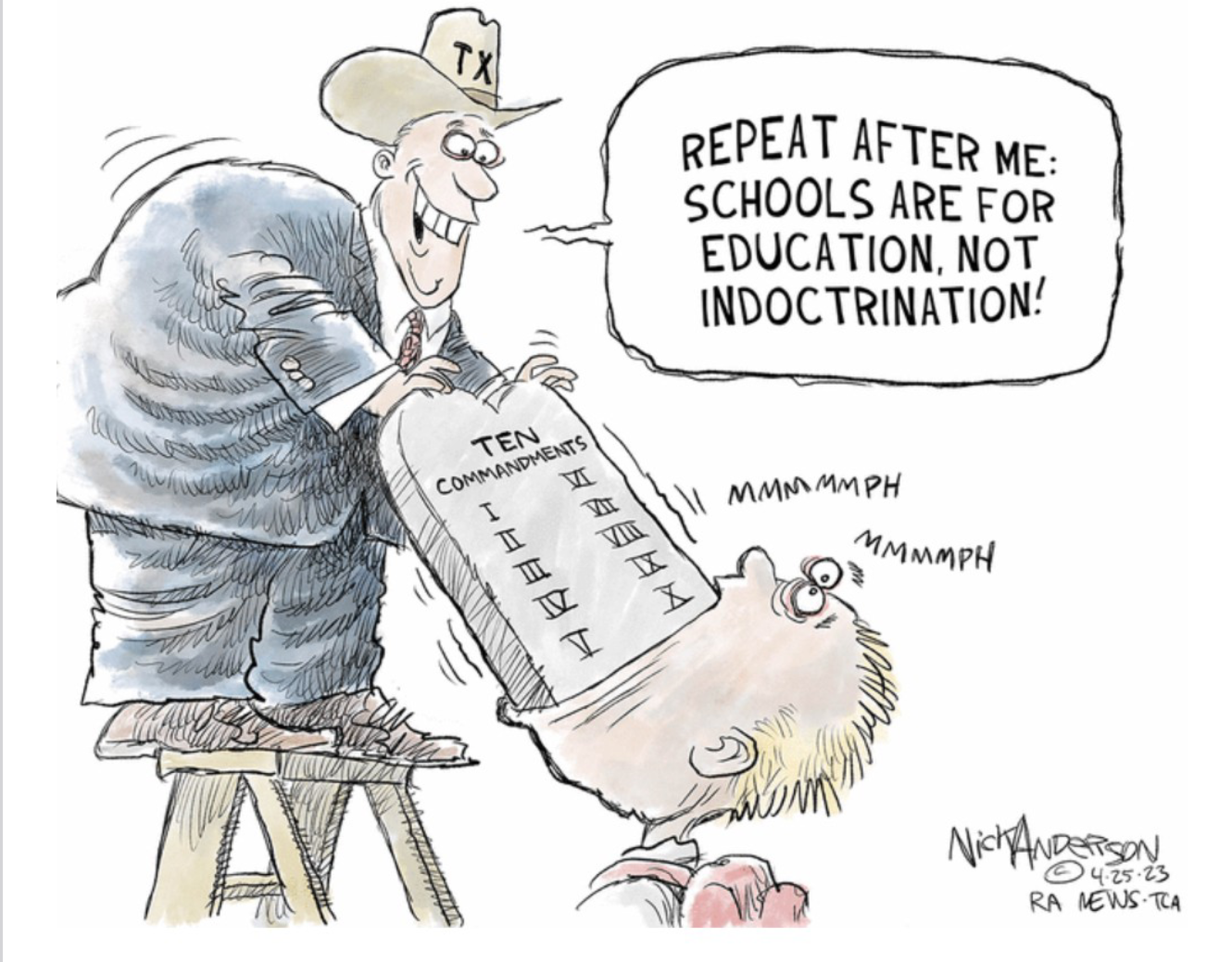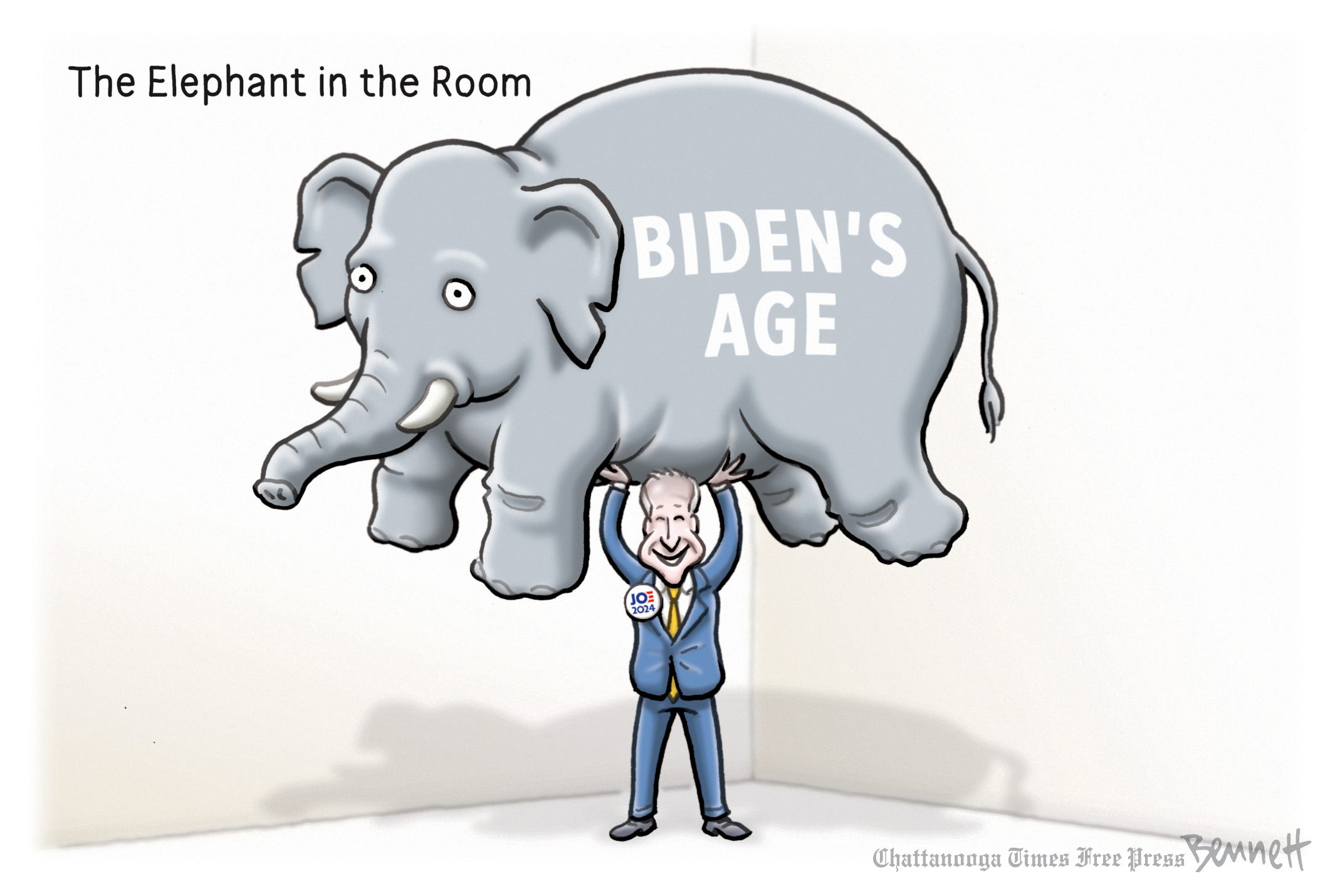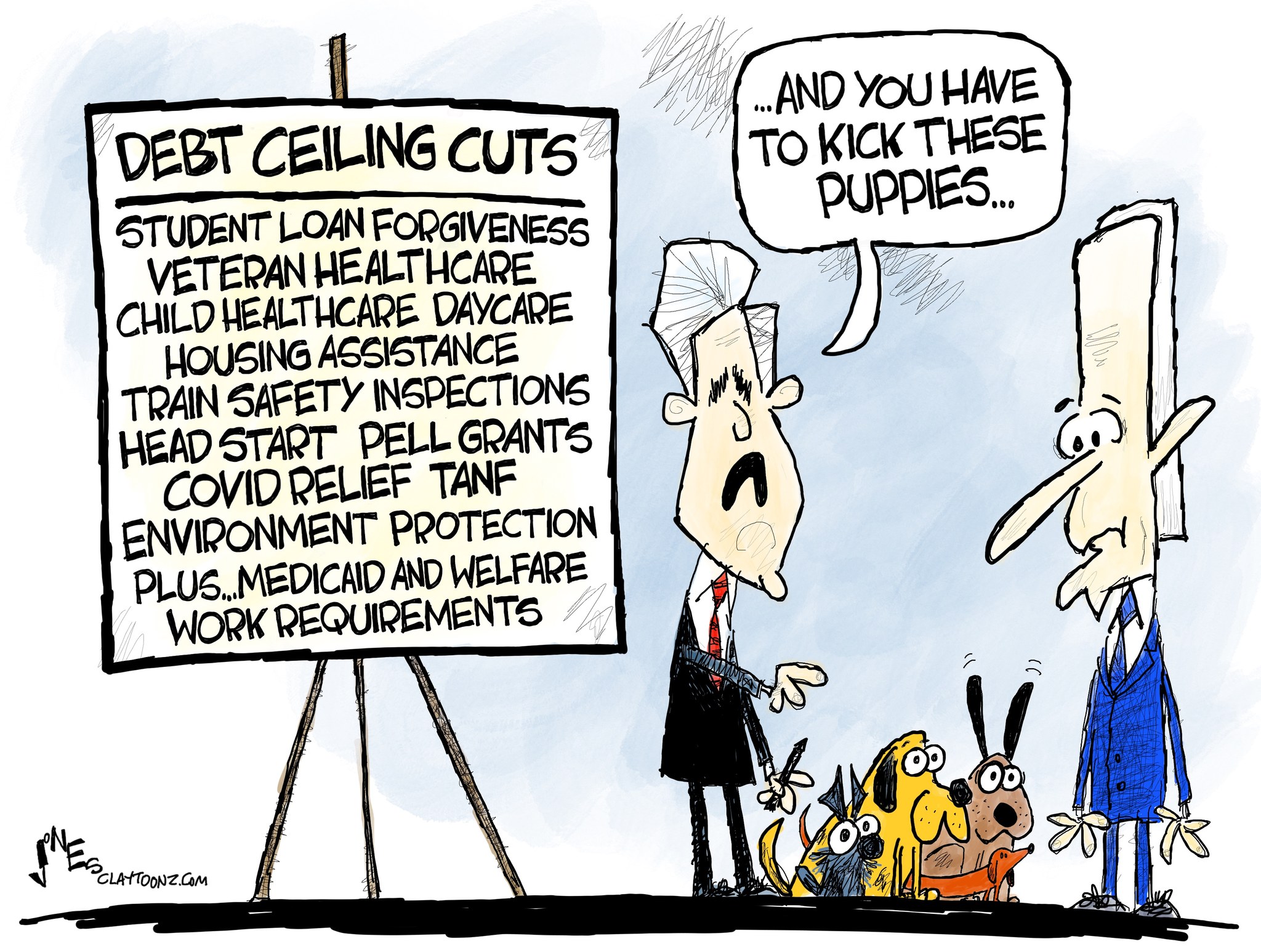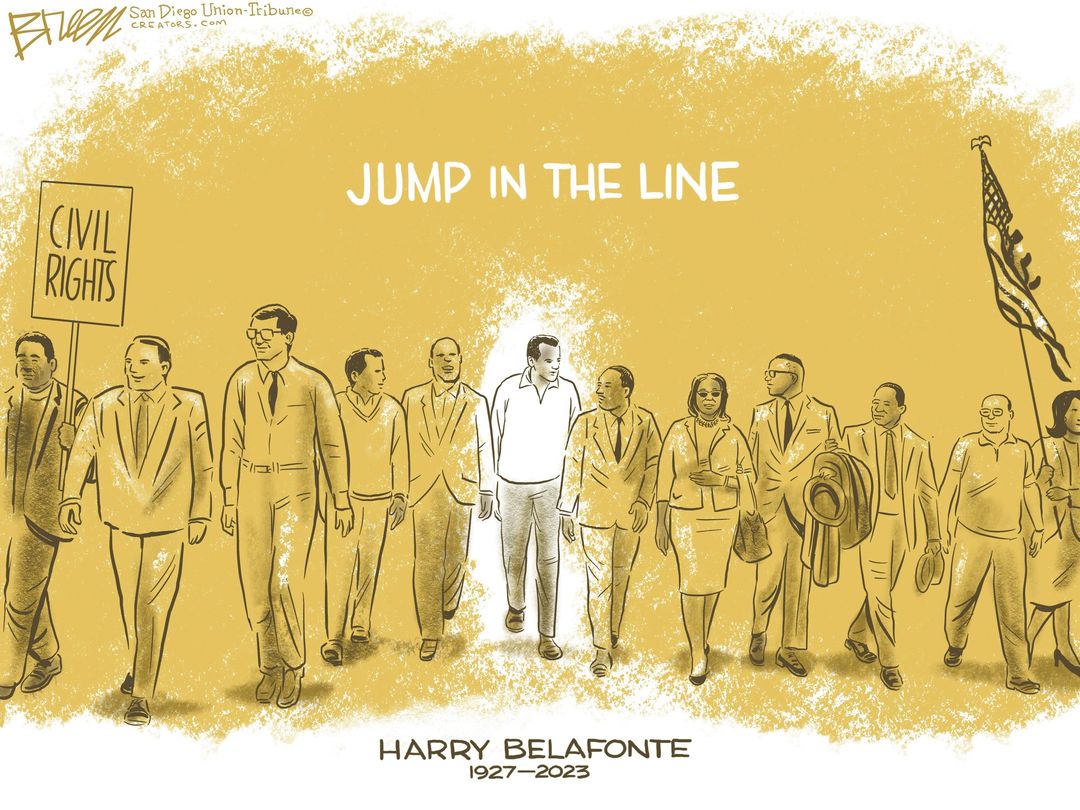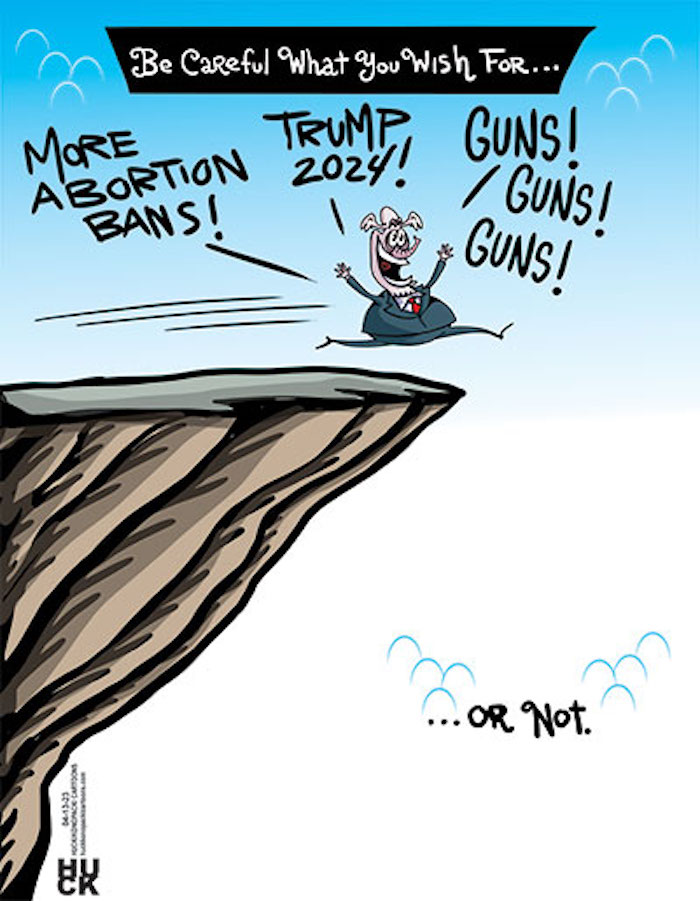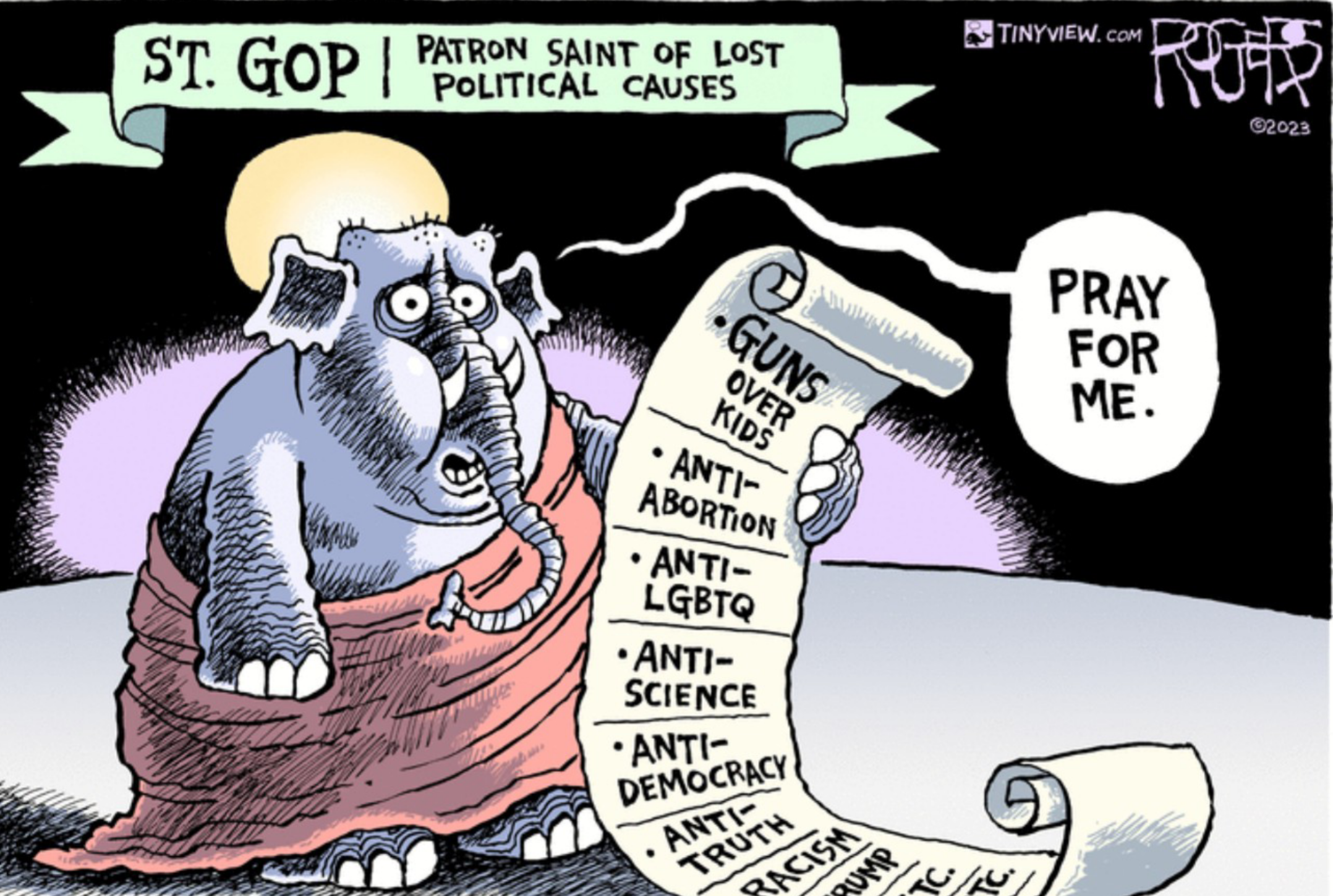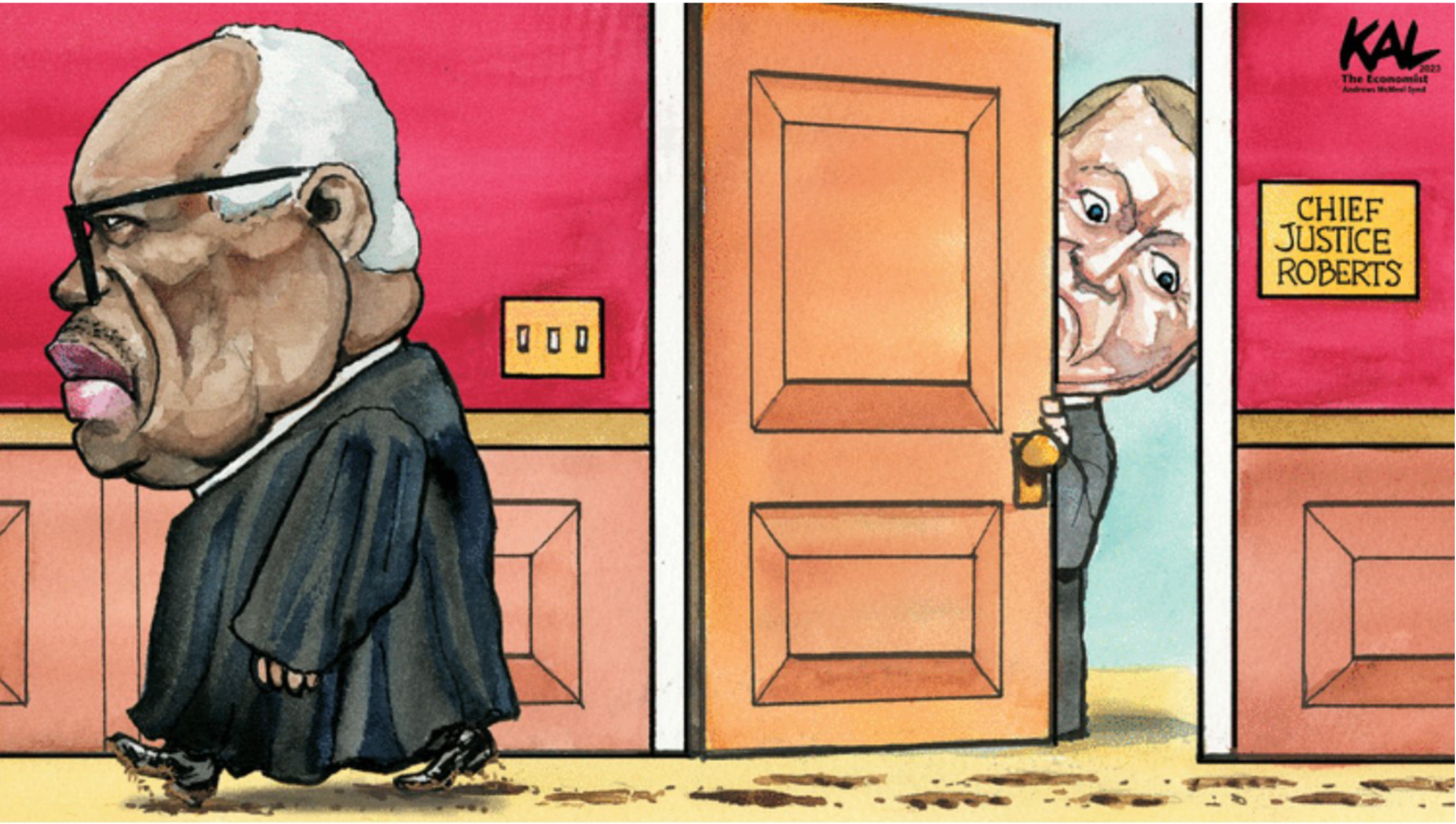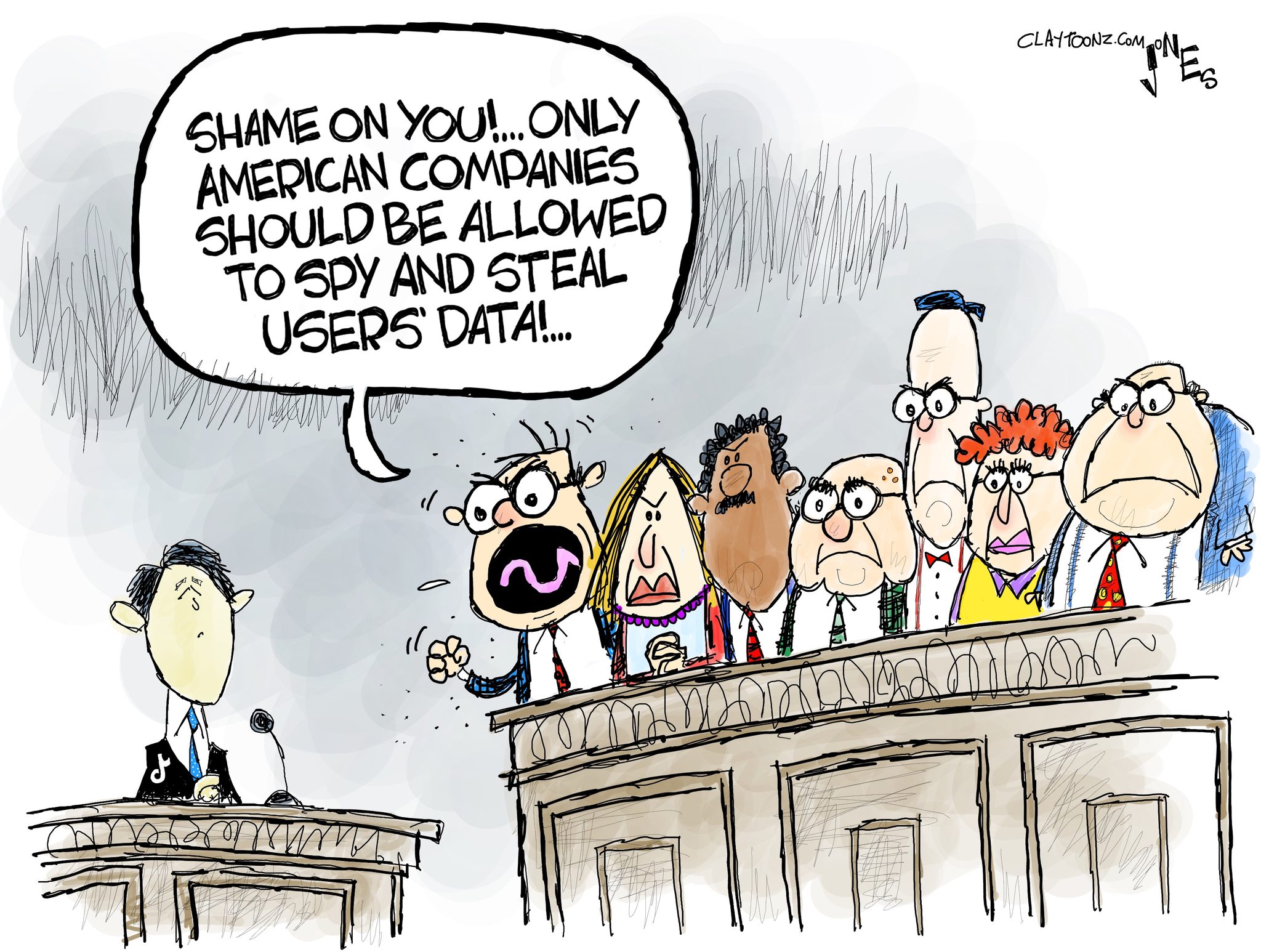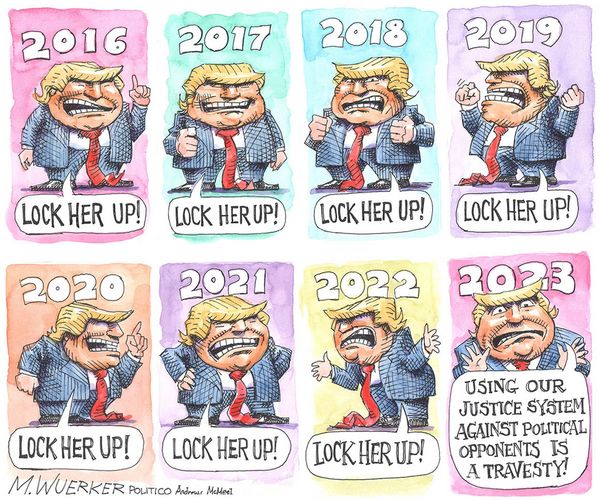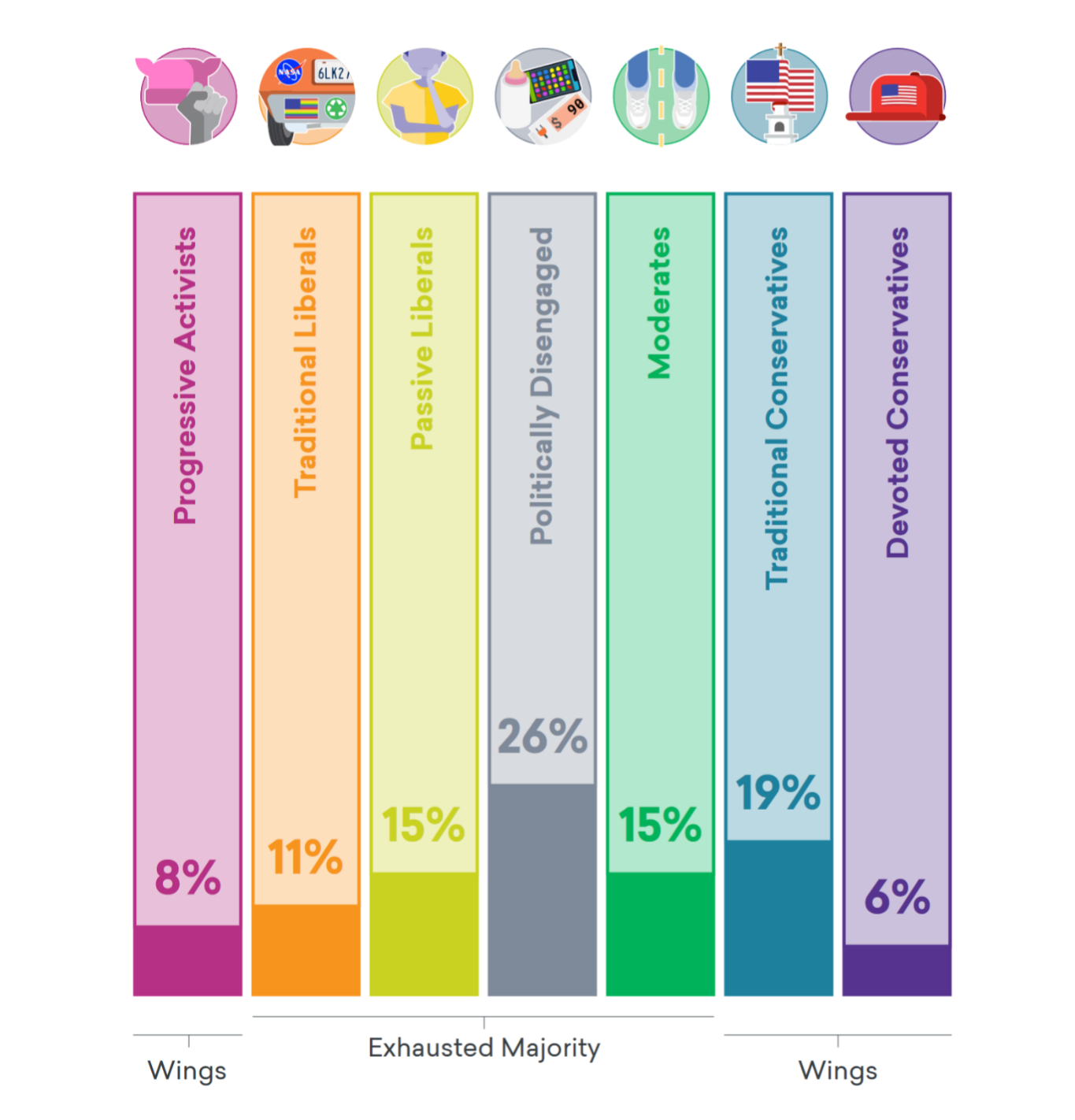The Daily Escape:

Mount Evans Road, 14,100′, Idaho Springs, CO – May 26, 2023 photo by Reid Neureiter
Here at the Wrongologist, we often talk about Constitutional rights, but we rarely talk about Federalism. So today, let’s lean into federal vs. states’ rights. We’ll start with the recent Supreme Court decision in Sackett vs. EPA, which concerned the power of the EPA to regulate wetlands. Last week, the Supreme Court concluded that the Clean Water Act only applies to wetlands with “a continuous surface connection” to bodies of water.
This defined what waterbodies are considered waters of the United States (WOTUS), an issue that has been in the courts for years. The ruling narrowed the scope of the Clean Water Act, and severely limits the federal government’s ability to regulate wetlands.
Justice Samuel Alito’s opinion affirmed the principle that bureaucrats cannot broadly define statutory language. Alito’s opinion struck a blow for federalism. Federalism is a system of government in which the same territory is controlled by two levels of government. The US Constitution originally divided the exercise of political power between one national and many state governments. The national government is given control over matters affecting the whole nation. All other issues were reserved to the states.
- Article VI of the Constitution contains the Supremacy Clause, which says that when the laws of the federal government are in conflict with the laws of a state’s government, the federal law supersedes the state law.
- Article I, Section 8 of the Constitution describes specific powers which belong to the federal government. These powers are referred to as enumerated powers.
- The Tenth Amendment reserves to the states those powers that are not delegated to the federal government.
The Sackett vs. EPA decision is another step in the Right-wing program to move as much federal government rule-making authority as possible to the states. This is the continuation of Nixon’s efforts to shrink the federal government’s power by devolving decisions to state and local governments. The best recent example of this is the Supreme Court’s Dobbs decision on abortion that wiped out the precedent set in Roe v. Wade that guaranteed a national right to abortion and passed that responsibility back to the states.
At the same time, the Right is moving to nationalize policy on social issues, from what books to allow on library shelves to limits on transgender rights, a rollback of state environmental actions, and an attack on anything that can be labeled as “woke.”
So we’ve got Red states pushing to centralize decisions about social and cultural issues in Washington, while the Right-wing Supreme Court pushes devolution of voting rights, abortion rights, and indeed national agency rule-making (EPA) to the states.
This 2023 brand of two-way Republican federalism is upending the delicate balance of power between the federal government and state governments. It raises questions about the allocation of authority, cooperation, and the ability of the national government even to define what is a pressing national issue.
Today’s Washington gridlock makes policymaking nearly impossible. That has shifted much of today’s policymaking to the states, where the Parties often have comfortable majorities. Many states (39) have government trifectas, with one Party controlling the governorship while holding majorities in the legislature, making policymaking simpler than in a divided and polarized US Congress.
Interest group activists have followed this trend and focused their efforts on these 39 states. Much of a state’s policies – abortion, voting rights, gun control, immigration, LGBT rights, healthcare, or taxation – are on widely divergent paths. For example:
- In Democratic states it is easy to vote; in Republican states there are many barriers to voting.
- In Democratic states fewer people are medically uninsured; in Republican states there are more uninsured people.
- In Democratic states access to abortion is easier; in Republican states it is harder, if not criminalized.
Although federalism (for now) seems to protect the country from presidents amassing power in dictatorial ways, anti-democratic figures (think DeSantis and Abbott) are able, because of the resurgence of state-level policymaking, to transform Republican states into laboratories against democracy.
The Covid pandemic also put federalism to the test. The response to the pandemic highlighted the tension between national coordination and state autonomy. While the federal government provided guidance and resources, the implementation of measures like lockdowns, mask mandates, and vaccination campaigns, was largely left to individual states. This decentralized approach led to significant variations in pandemic response across the country, creating challenges in coordinating efforts and potentially exacerbating the spread of the virus.
Federalism properly implemented, brings government closer to the people and holds it accountable. But when badly implemented, you get the USA in 2023: A country trending toward autocracy.








